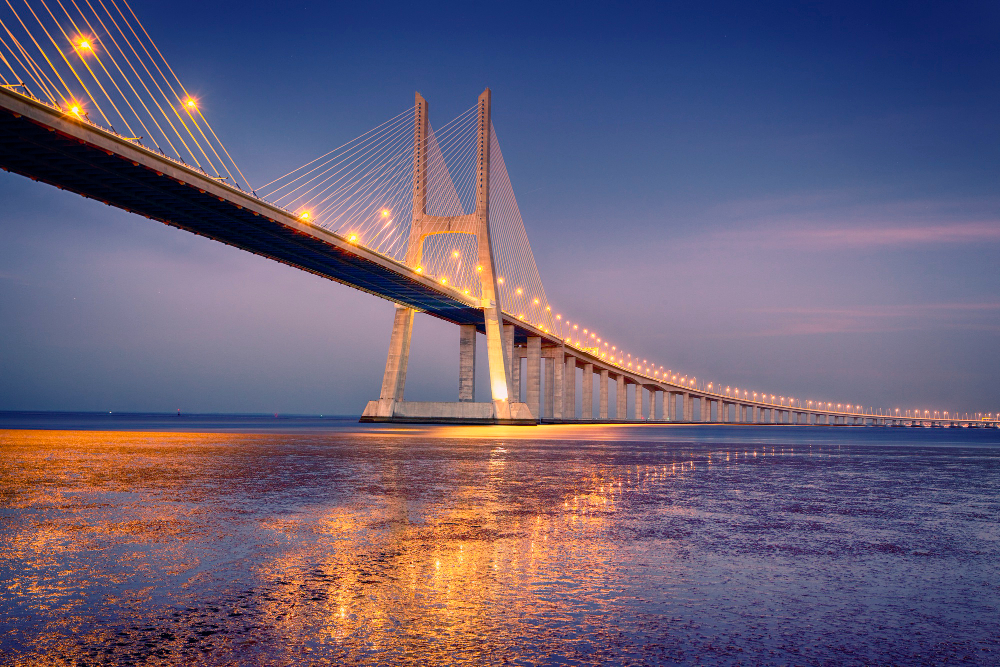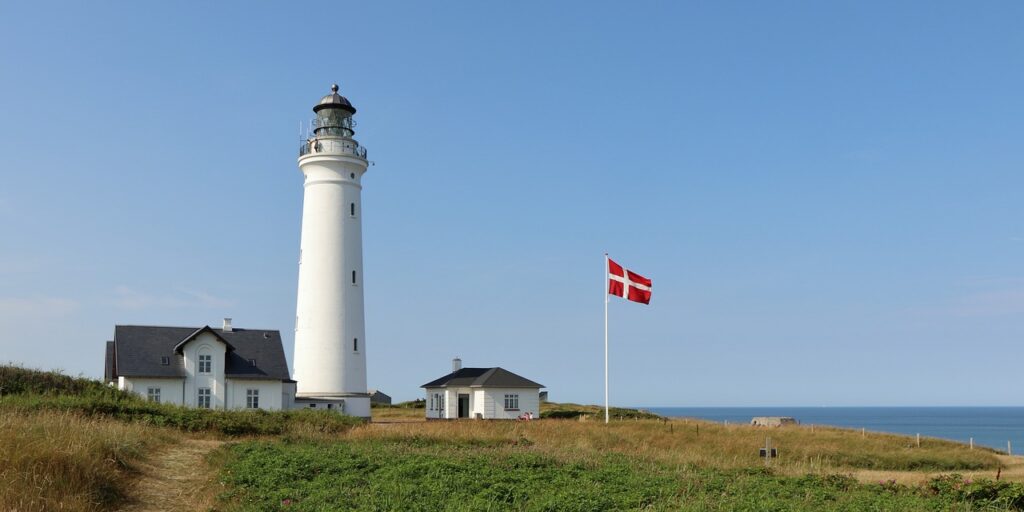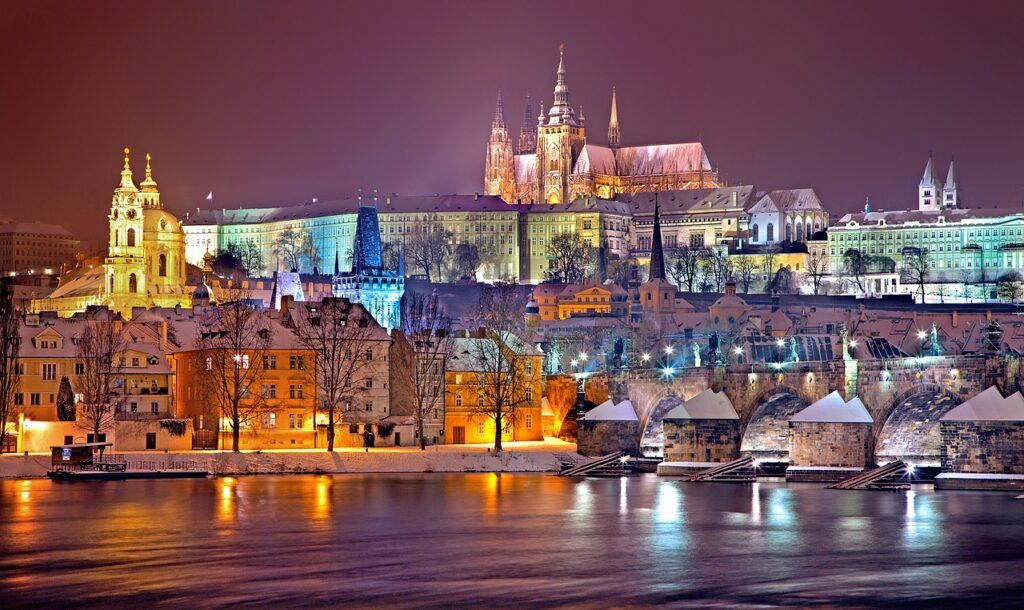Traveling to Europe may be a daunting task, but with the right travel tips for Europe, the trip is going to turn out to be an adventure instead of a tasking ordeal. Europe is filled with so many cultures, histories, and beauty in landforms; however, today’s traveler requires some guidance on how best to get the most out of the marvelous region.
Facts About European Transport
When it comes to travel tips for Europe, the key to transportation is critical. Rail transport in the continent is still very developed and is still considered one of the most effective means for visiting several countries at once. If you hope to travel through multiple places, it is wise to buy a Eurail Pass. The pass generally works out more cost-effectively than purchasing single tickets for the journey, especially long ones.
Public transportation within cities serves as the subject that requires special focus. Most large European cities have marvelous metro systems, but it pays to take the bus into consideration as well. Buses go places where trains cannot and indeed offer much closer look into people’s ways of life. I prefer walking though, for one, you have the opportunity to see areas most tourists never will.
Accommodation Strategies for Every Budget
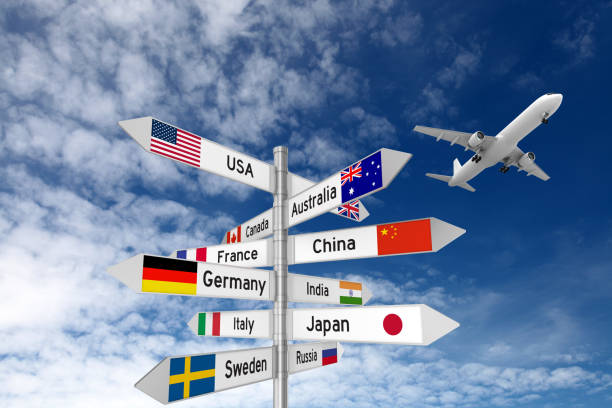
Experienced travelers already have it in mind that proper selection of accommodation is the foundation of every travel tip for Europe. Some luxury hotels are located in areas blessed with favorable weather and beautiful views, while others are nestled in business and leisure destinations, but to get the real feel of the local people and their culture, book in a residential area. Small hotels are usually more profitable than big global brands simply because of their individuality and superior hospitality.
Apartment rentals have increasingly become a popular way of accommodation in European travel. Such facilities may be cheaper than hotels and include an additional advantage, a place with a stove, which will allow saving on meals. Also, there is shopping at local markets—an activity over which people go, you know, for travel tips for Europe.
Gastronomy and Etiquette of Eating
The way Europeans dine is different from country to country, and the knowledge of these distinctions improves your traveling. Indeed, in Spain dinner cannot be before 9 pm, whereas in Germany restaurants throw their curtains and close the kitchens much earlier than one might expect. One of the most valuable travel tips for Europe concerns meal timing—familiarize yourself with the general eating schedules so as not to find yourself ravenous at inconvenient times.
A special mention should be made of street food. Unlike Paris and its crepes, or Berlin and currywurst, pay attention to the local market halls. They include many sellers cooking regional cuisines; this means you can try as many as you want at relatively low prices.
Cross-cultural Sensitivity and Standard Manners
Of course, it is important to name cultural sensitivity one of the most significant travel tips for Europe, if not the most vital, among them. Most Europeans expect their guests to try to figure out their manners and the way they do things. Make an effort to speak the local language; greeting people with a hello and thanking people can make them much more welcoming.
Tipping patterns in Europe are diverse and differ from one particular state to one more. Depending on the country, service charges are integrated, and further gratification is not encouraged as in American-style restaurants. Before you travel to a given country, you should learn more about that particular nation’s customs so that you do not offend the locals.
Budgeting Your Money
Reasonable actions are clearly observed as being part of practical travel tips for Europe. Whereas most western European nations use their credit cards freely, most of the nations in the eastern part of Europe prefer cash. Tell your bank that you’re traveling and take cards from more than one network—Mastercard might be welcomed where there is no Visa or vice versa.
Consequently, it is important to pay attention to currency exchange. Do not transact with airport exchange bureaus since they offer terrible exchange rates. For the withdrawal of local currency, go for bank ATM’s; you could, however, have to be selective regarding the amount of money that you would want to withdraw at a single instance since this is usually charged.
Climate Analysis and Forecasting
Knowledge about seasons in Europe is necessary in order to plan. Summer offers long days with a sun that’s shining, but it also offers large crowds and higher prices. When drawing up your travel tips for Europe checklist, factor in that it is best to travel during the travel tips for Europe, which is from April-May or September-October. Most attractions will be open, and you’ll be having better and more comfortable weather with little to no crowded places.
It’s always important to check with your destination and time of year, but always layer. The climate in Europe is quite changeable, and the systems of heating and cooling in the buildings will unlikely remind you of those you have at home.
Technology and Connectivity Products
Modern travel tips for Europe have to respond to technology requirements. Although cellular data is cheaper here, if you’re staying for a very long time, consider buying a European SIM card. Today, a lot of people connect to public Wi-Fi but should avoid doing so when they are typing personal details.
Always download offline maps and have some apps that you consider vital when traveling pre-installed. Apps that translate, provide instructions for using public transportation, and have restaurant recommendation applications can enhance a travel experience. Do not forget about power outlets; occasionally, it is required to bring the voltage conversion to the specific devices.
Shopping and Souvenir Strategy-Wieling
E-shopping has its own technique or strategy, which has to be adopted for shopping in Europe. While you will get your favorites, chains in big cities go to the local markets to buy different brands. When shopping, it’s wise with that knowledge that getting your products during a certain period of the year can actually save you a lot of money.
Bear in mind that there are tax-exempt stores; non-EU residents have their VAT returned to them on more extensive purchases. Pack receipts neatly and expect to spend some more time at the airport in order to wait for the refund.
A Primer on Emergency Preparedness and Healthcare
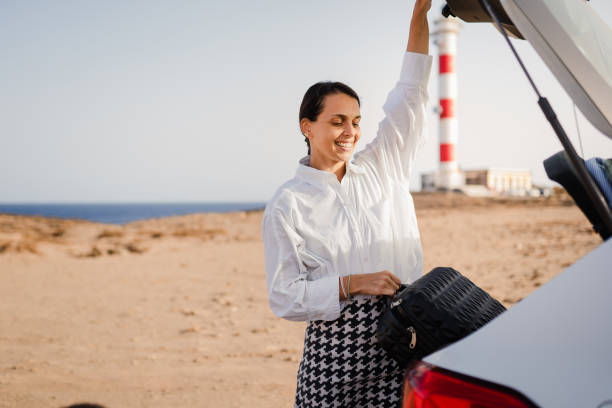
Although it is not the most fun one in travel tips for Europe, it is important to know what healthcare access is. The emergency number of the European Union is functional 112 for all member states. Compared to cooking, self-catering can entail a lot of walking; why not take out medical travel insurance?
Always have a soft copy and a hard copy of insurance cards and prescriptions. One should learn basic medical terms in local languages, especially where he or she has a certain type of sickness.
Conclusion
The best travel tips for Europe have flexibility and cultural openness as the significant aspects of the net. Structure is nice during the planning stage, but do not overplant yourself because there are times of accidents, and these accidents are attractive because these are opportunities that we did not plan for. It goes without saying that every country in Europe is different, and something that may be successful there might not be so here.
FAQs
Do you get to decide when the best time to visit Europe is?
It is really all relative to the individual’s priority. High season is summer, June-August, with warm and long days; however, many tourists and higher prices. The recommended time of year is spring, which lasts from April to May, and autumn, which lasts from September to October because of the low humidity and number of visitors. Low season is during November/March, has fewer tourists and cheaper rates, but lesser daylight and quite cold, ideal for winter sports and the Christmas markets.
How much should I spend per day I travel in Europe?
Everyday expenditures depend on the selected country and the type of trip: budget, mid-range, or luxury. Backpackers can possibly survive on €50-70 per day in Western Europe and €30-€50 in Eastern Europe for hostel fare, local transport, and basic food. Budgets spending in the middle-range should expect to spend anything between €100 and €200 per day for decent accommodation, A meals, and interest-point visits. Business travelers can easily spend €300 per day or even more.

